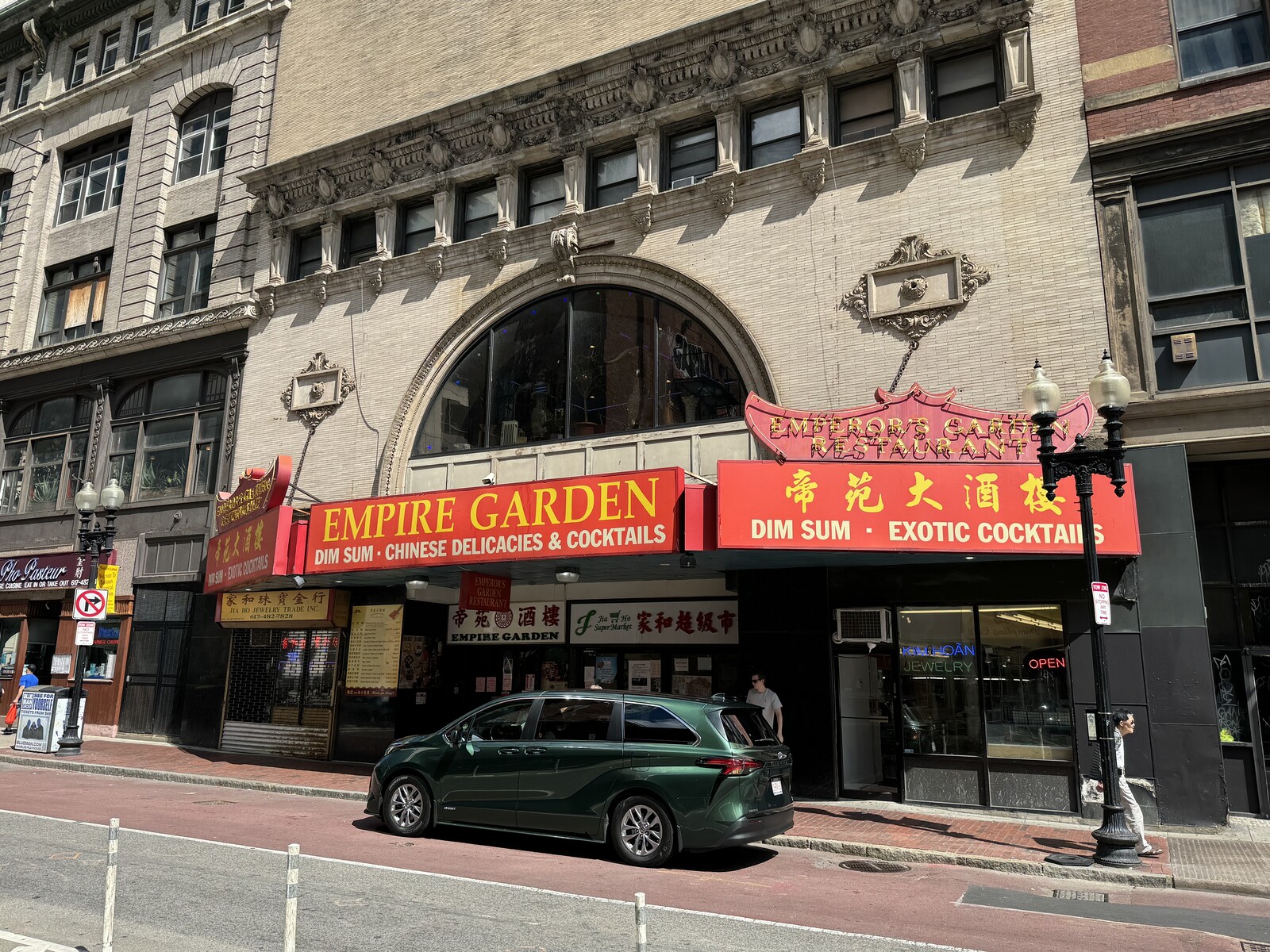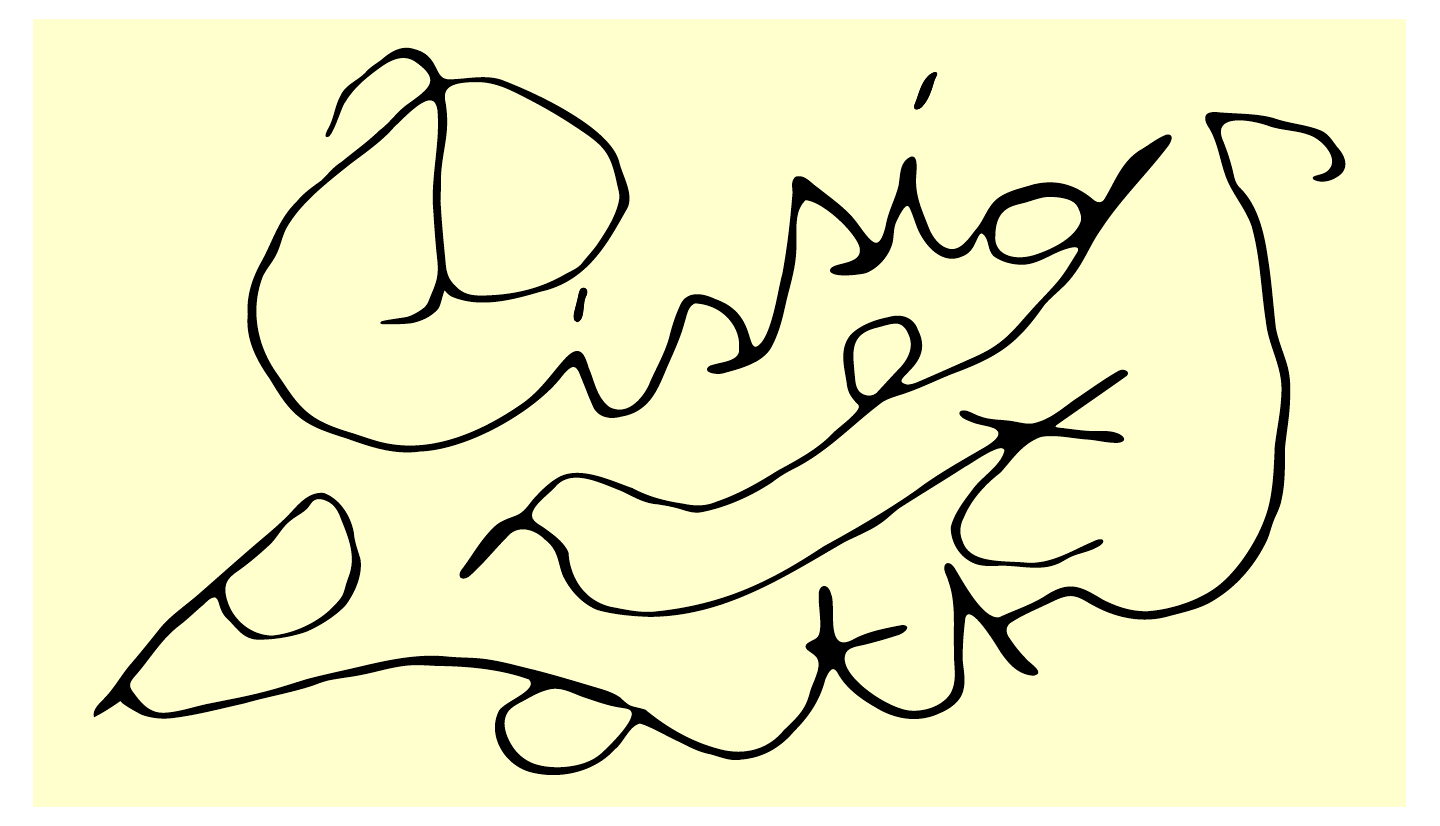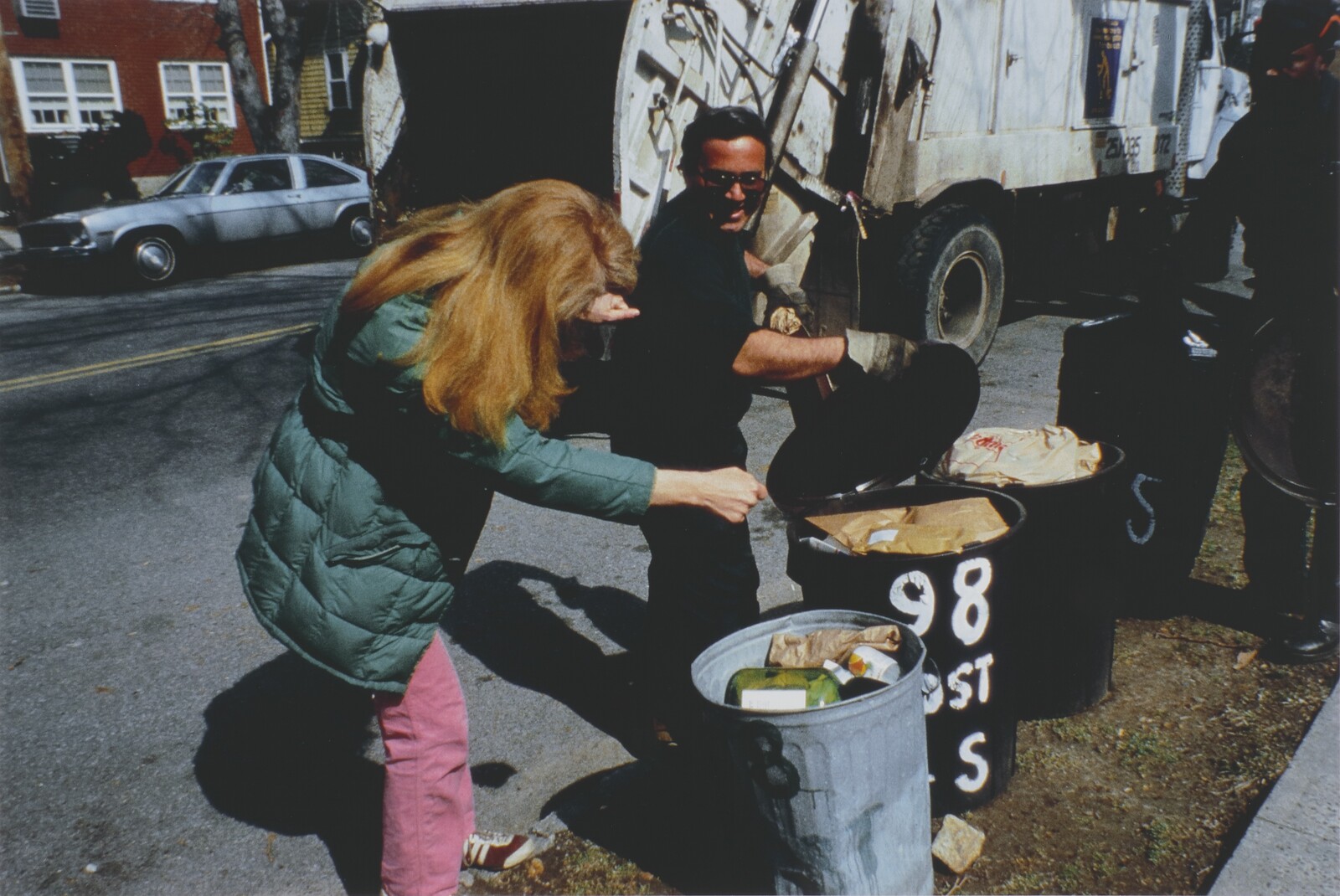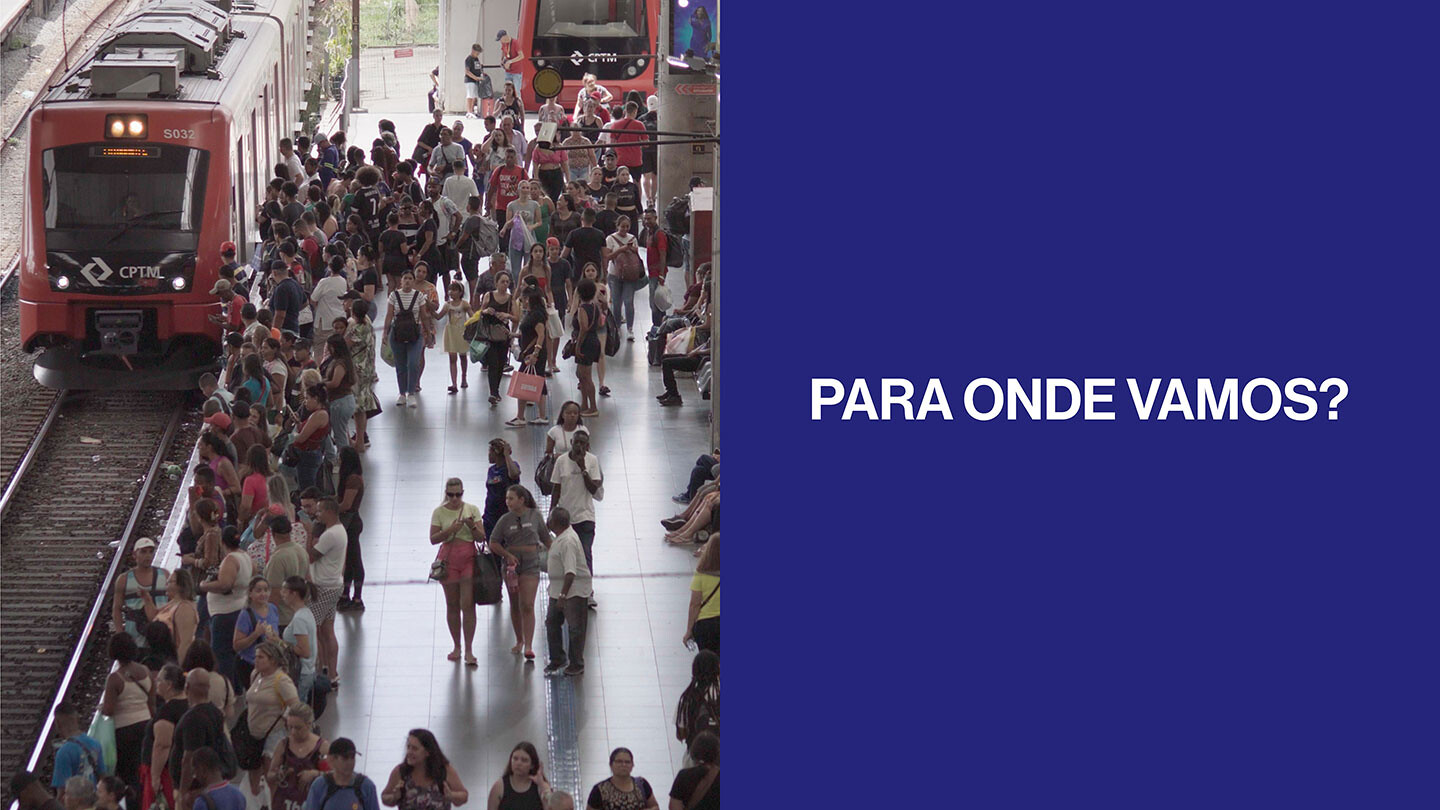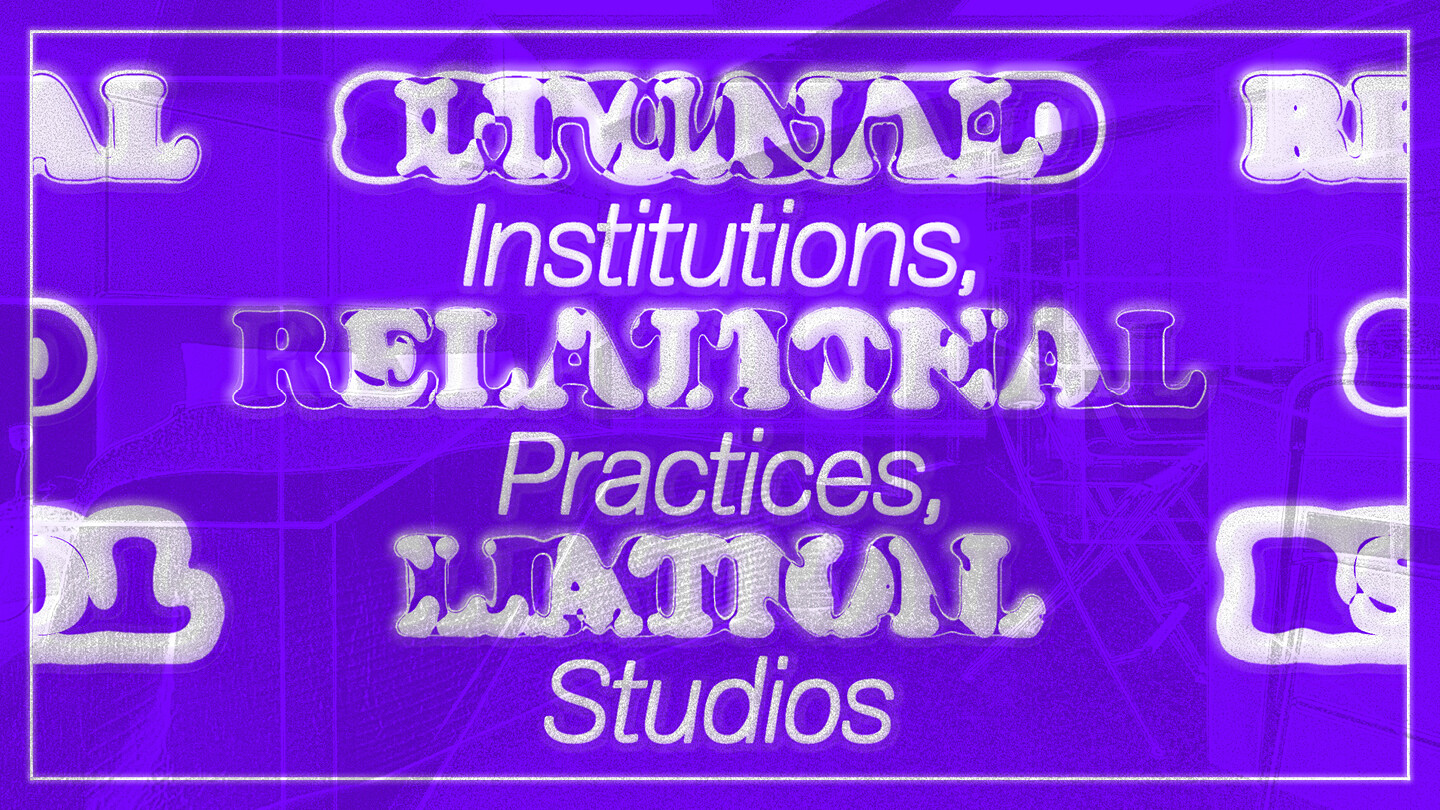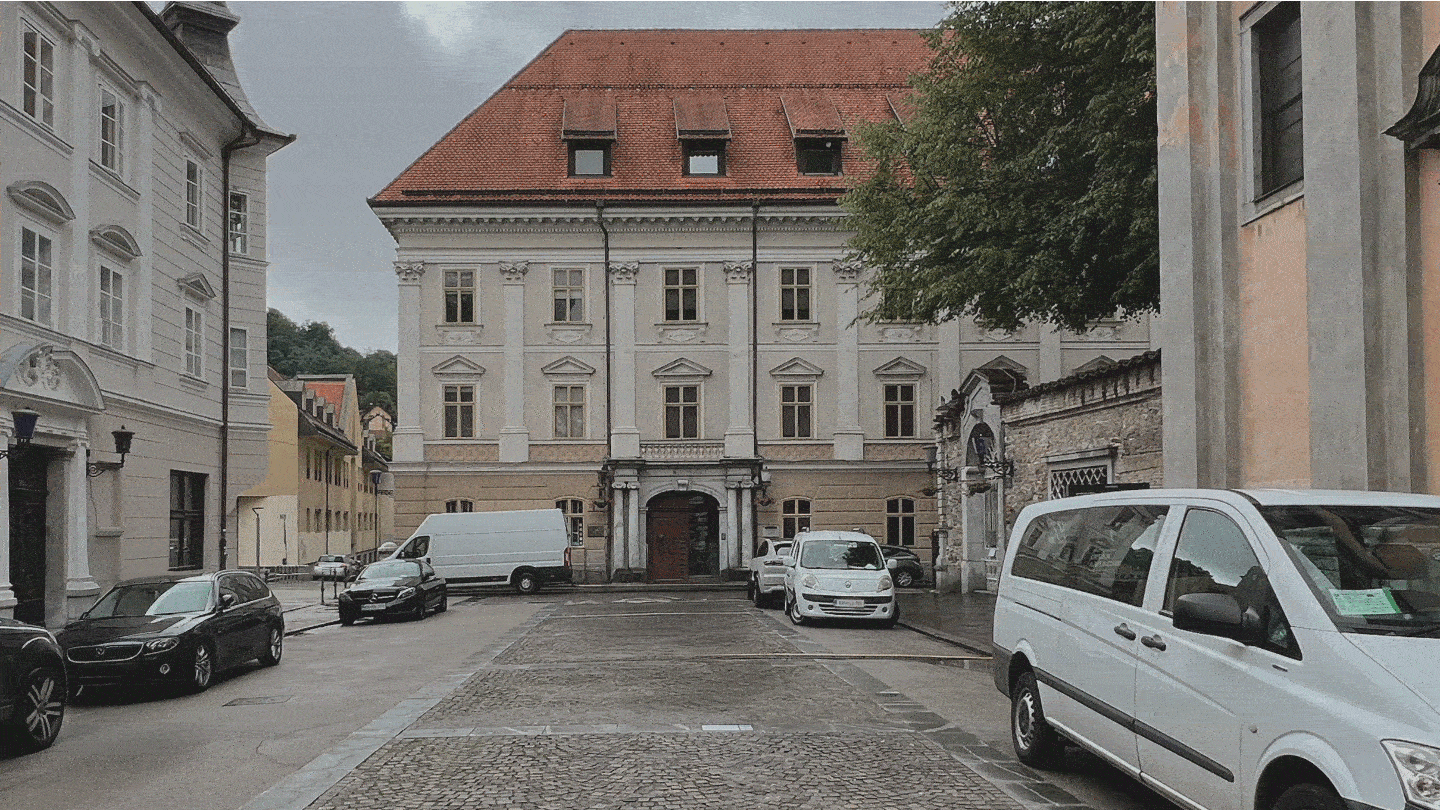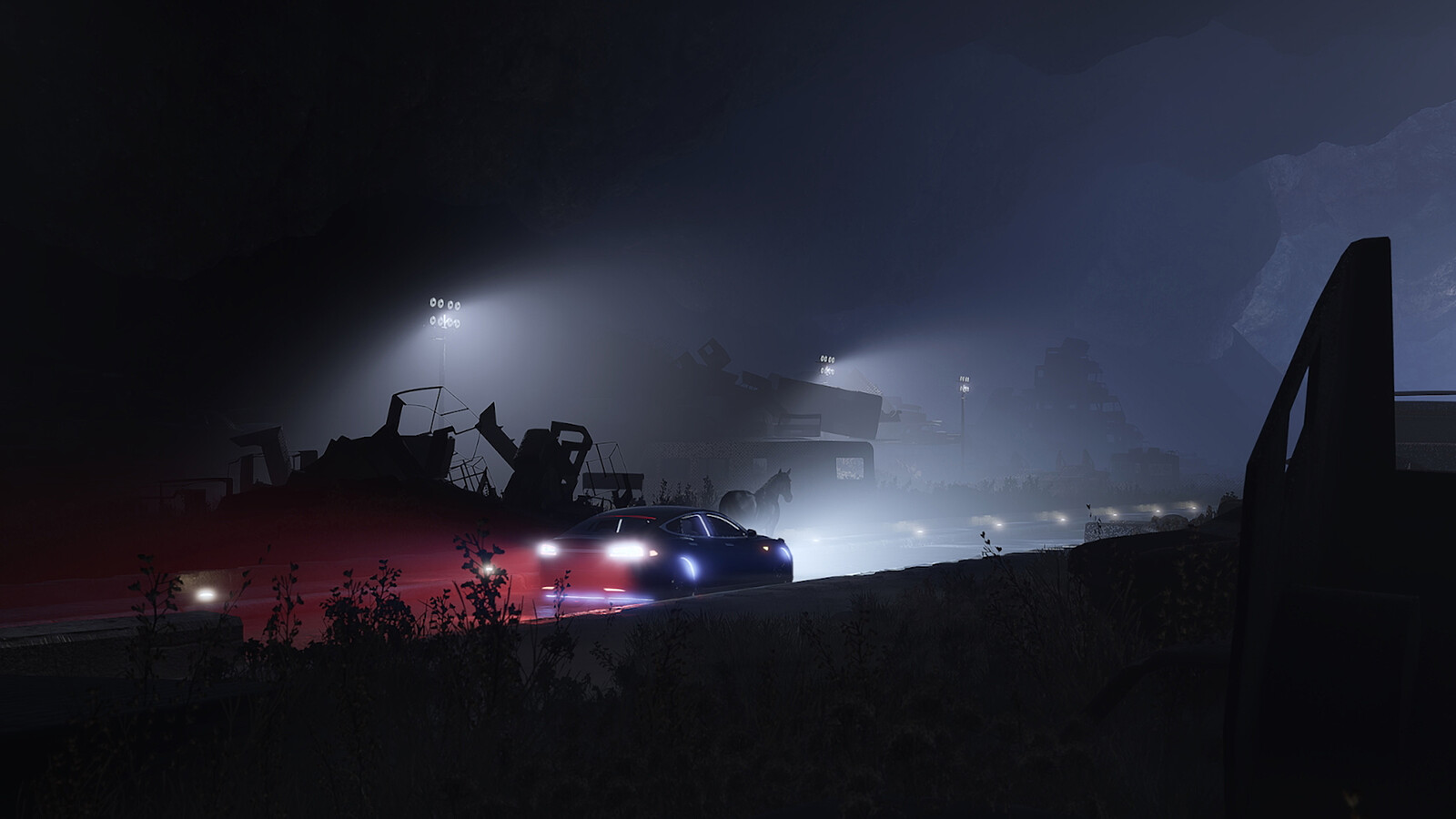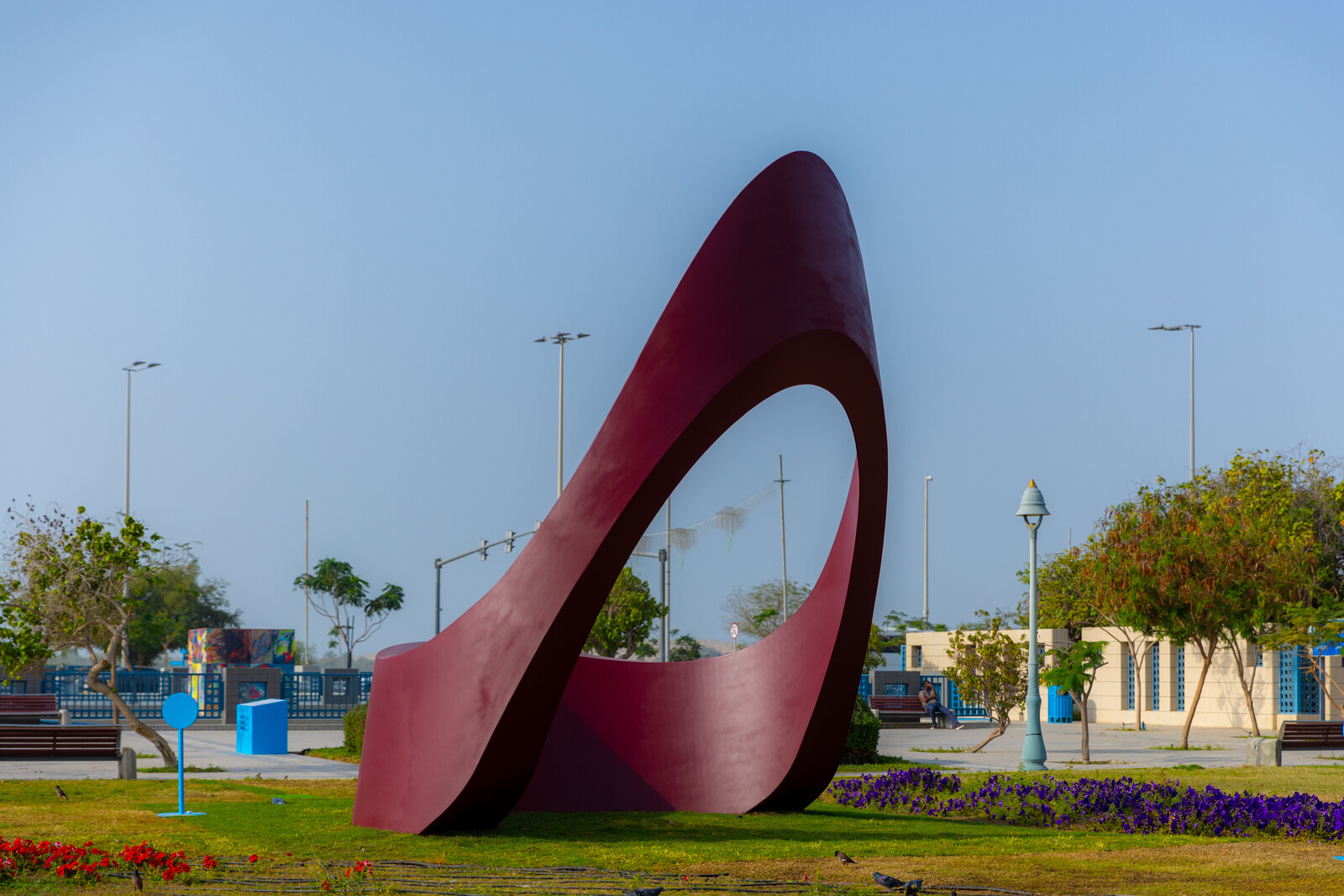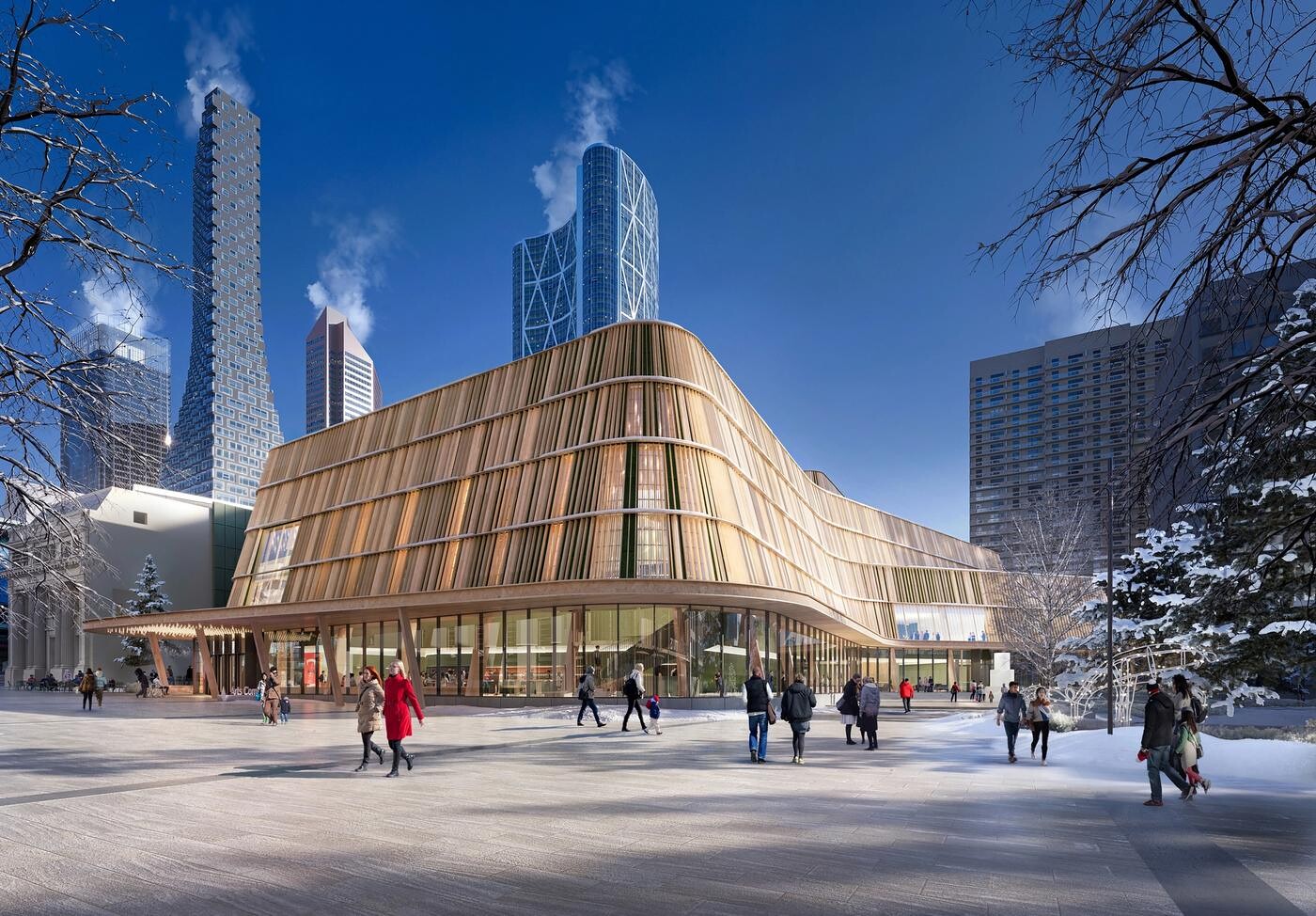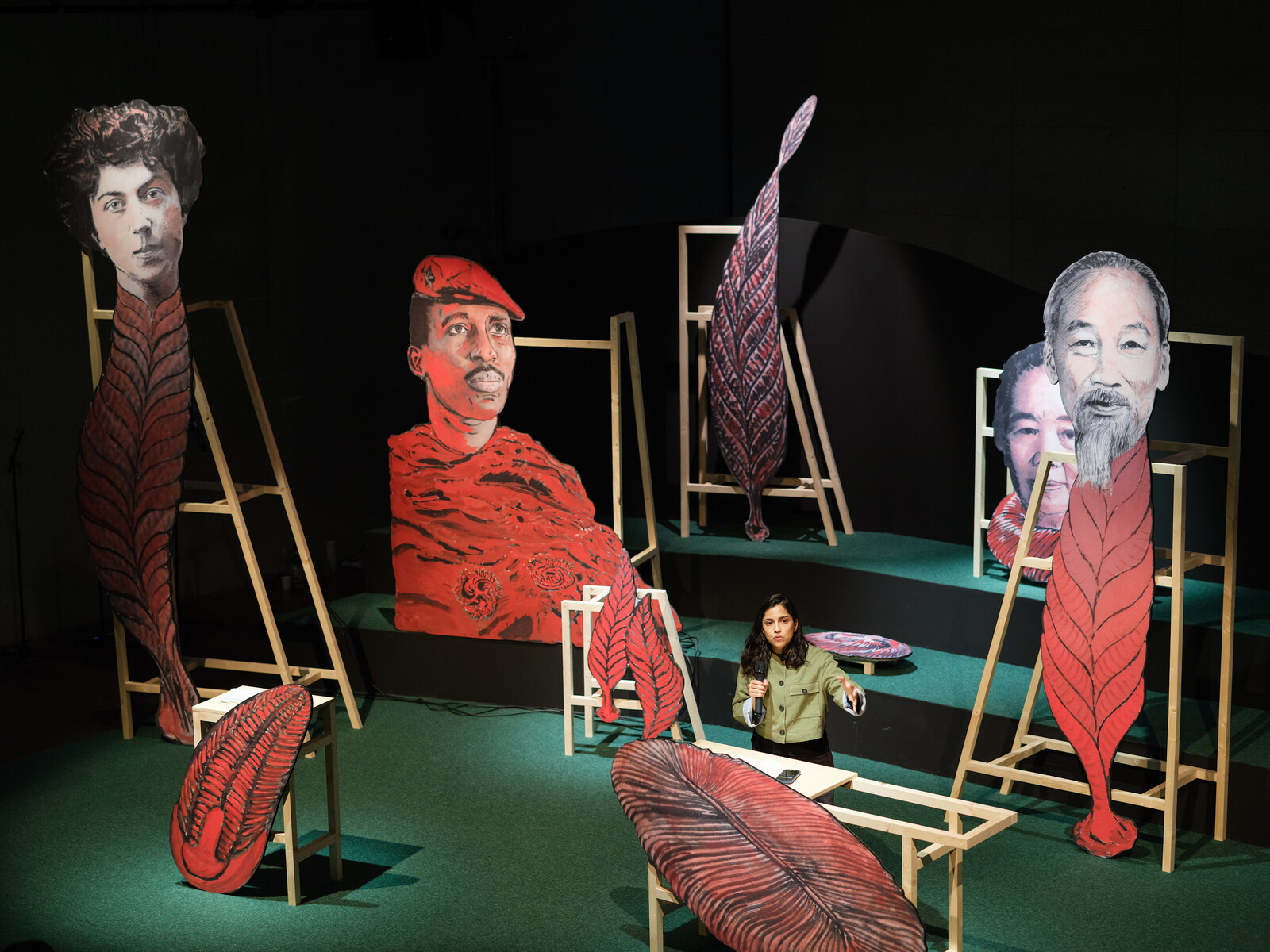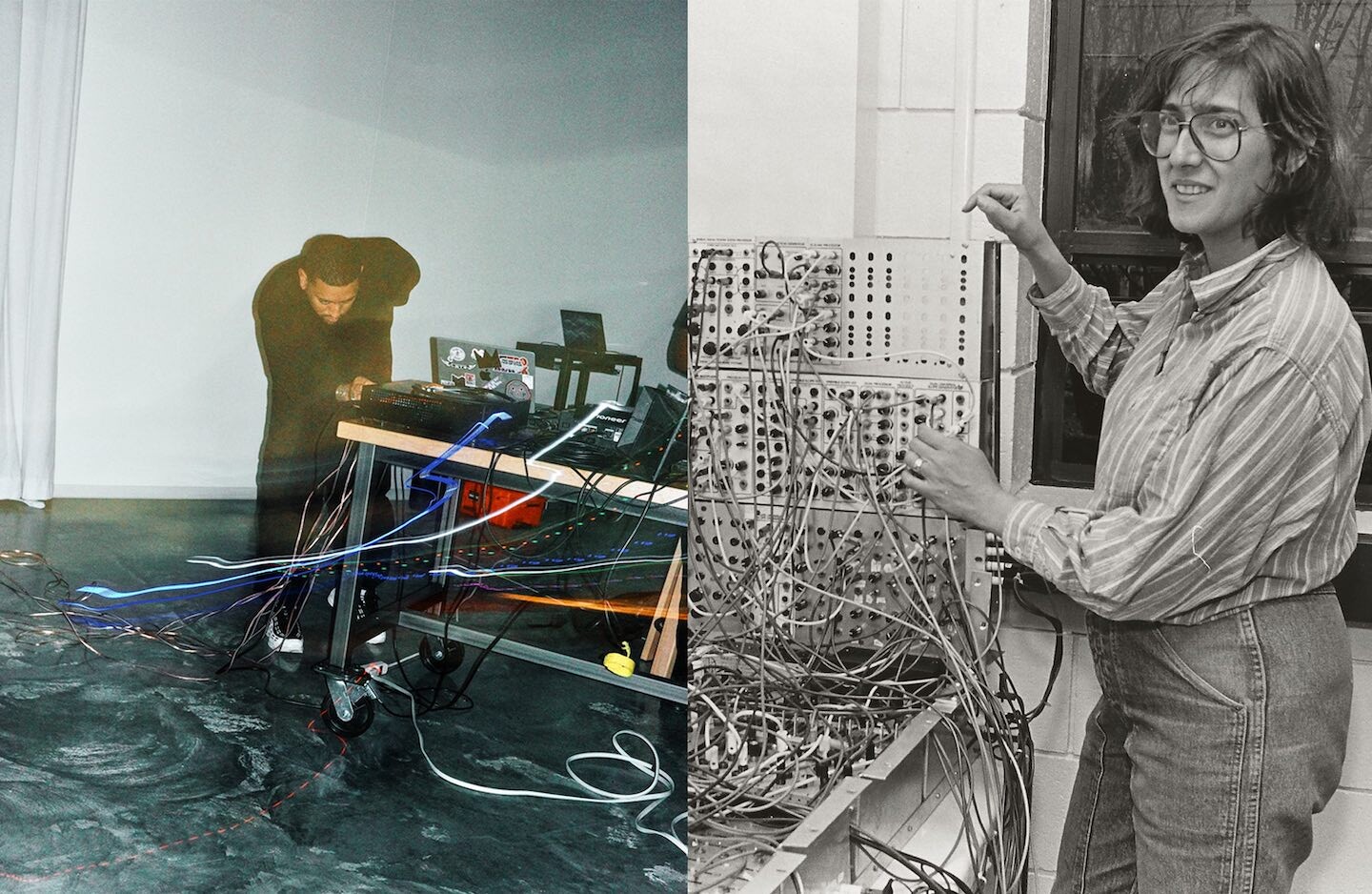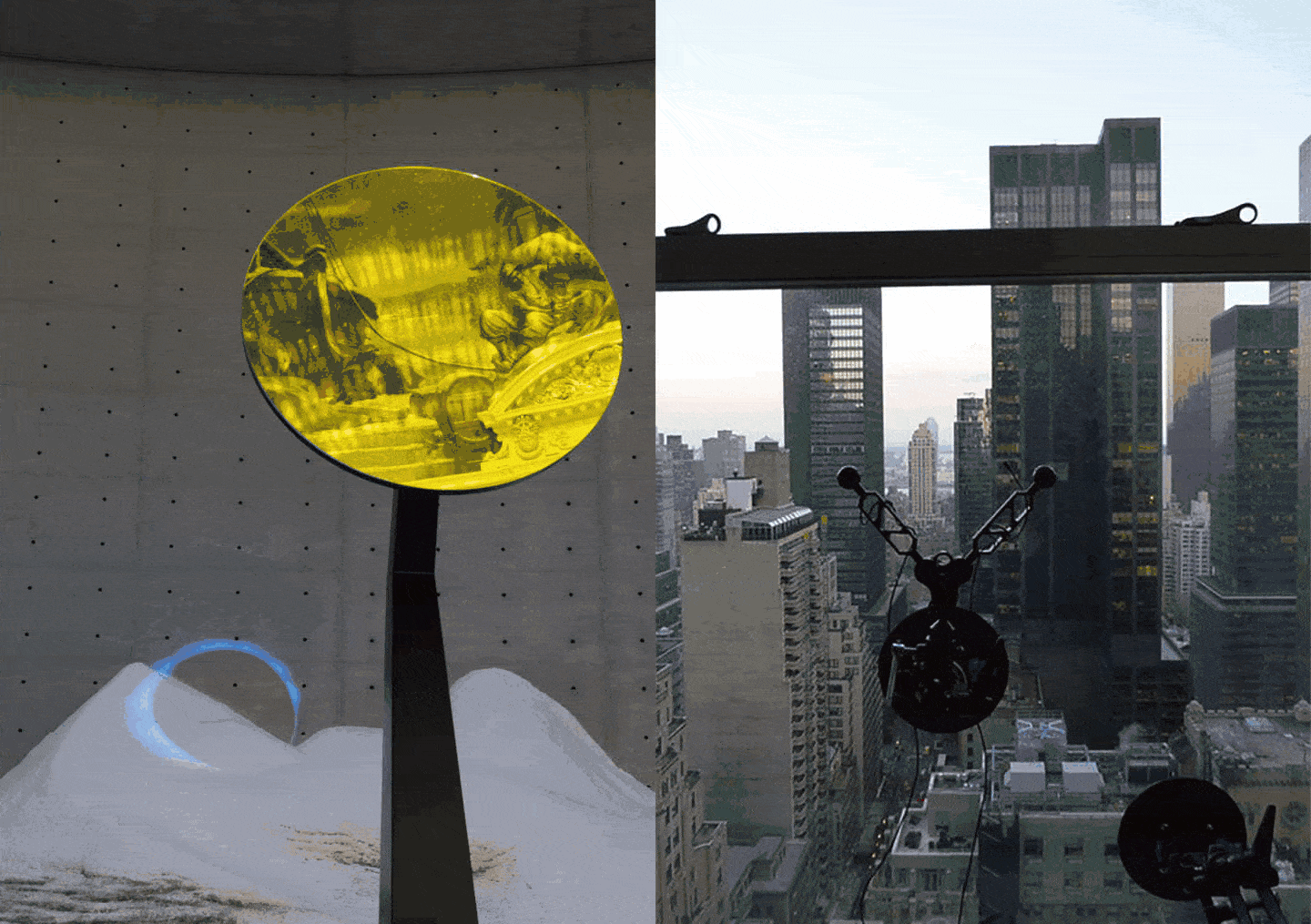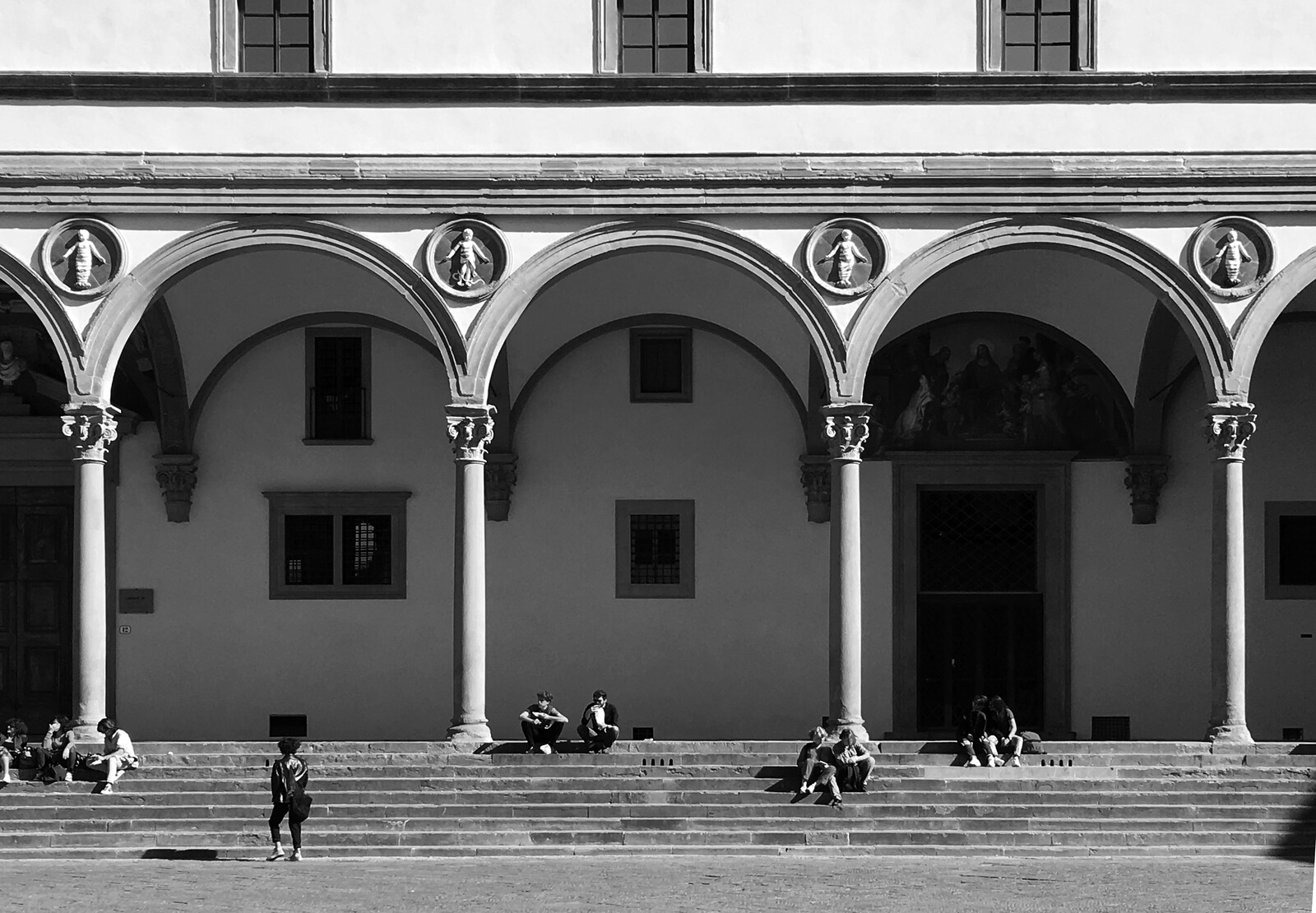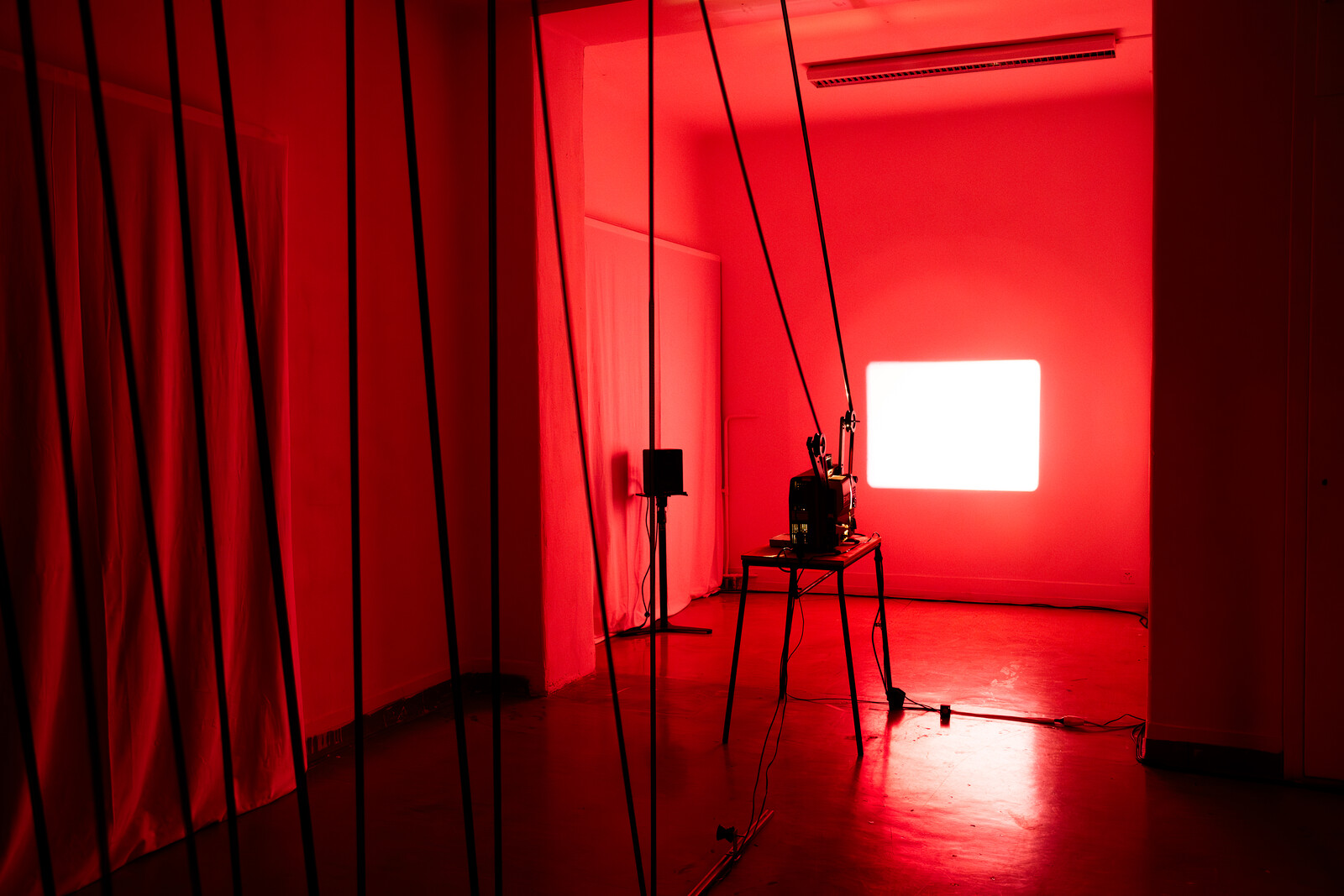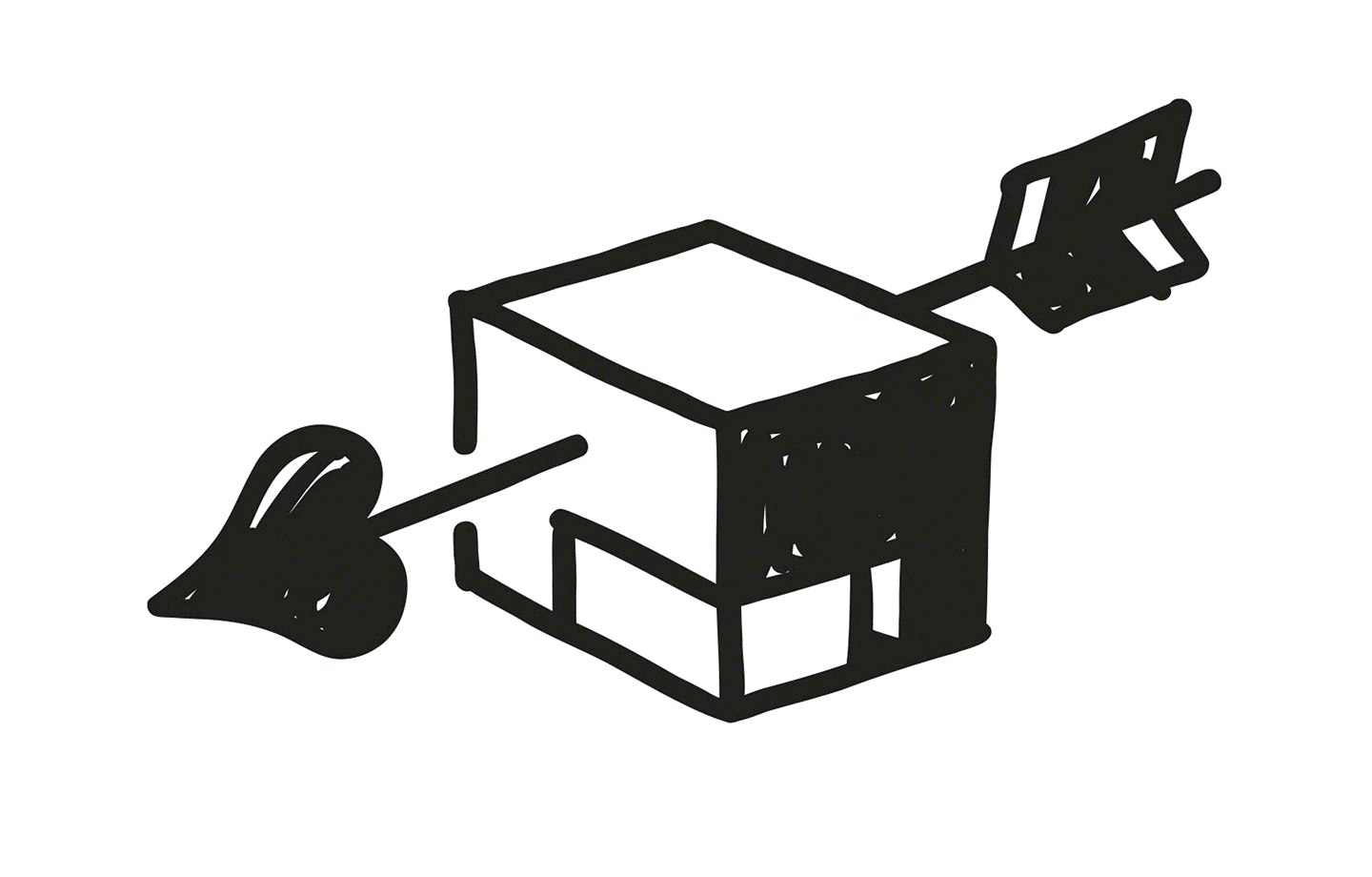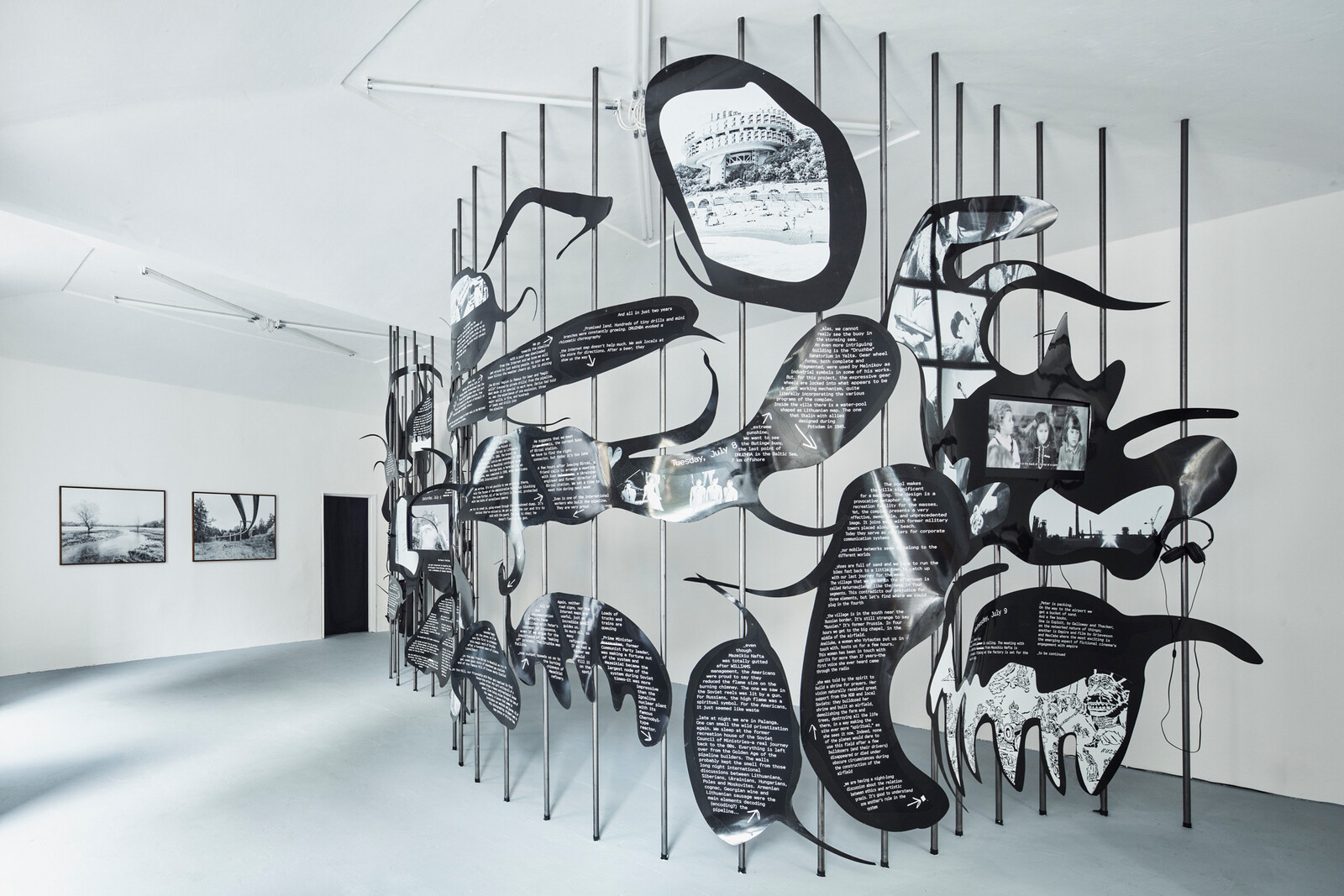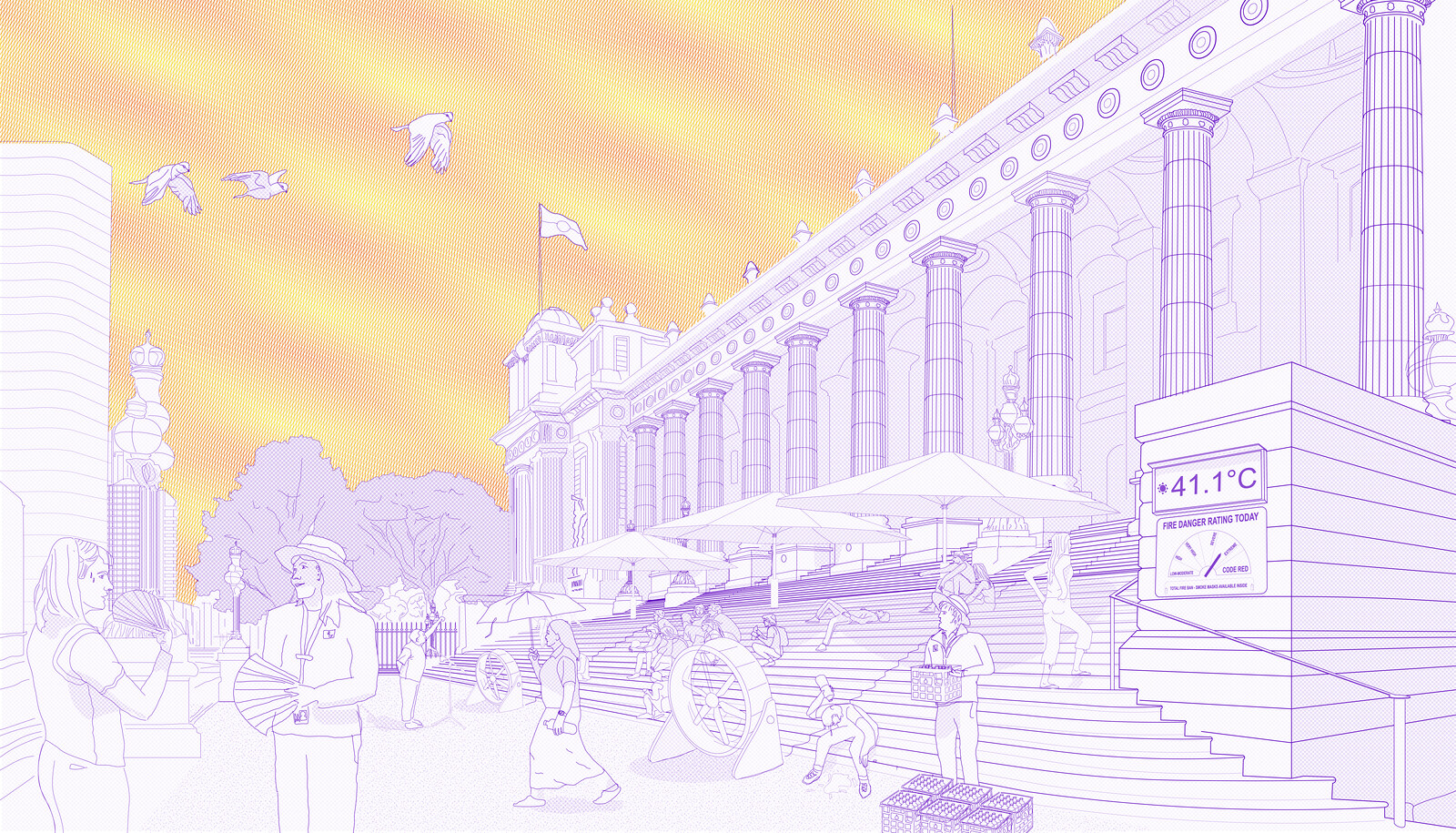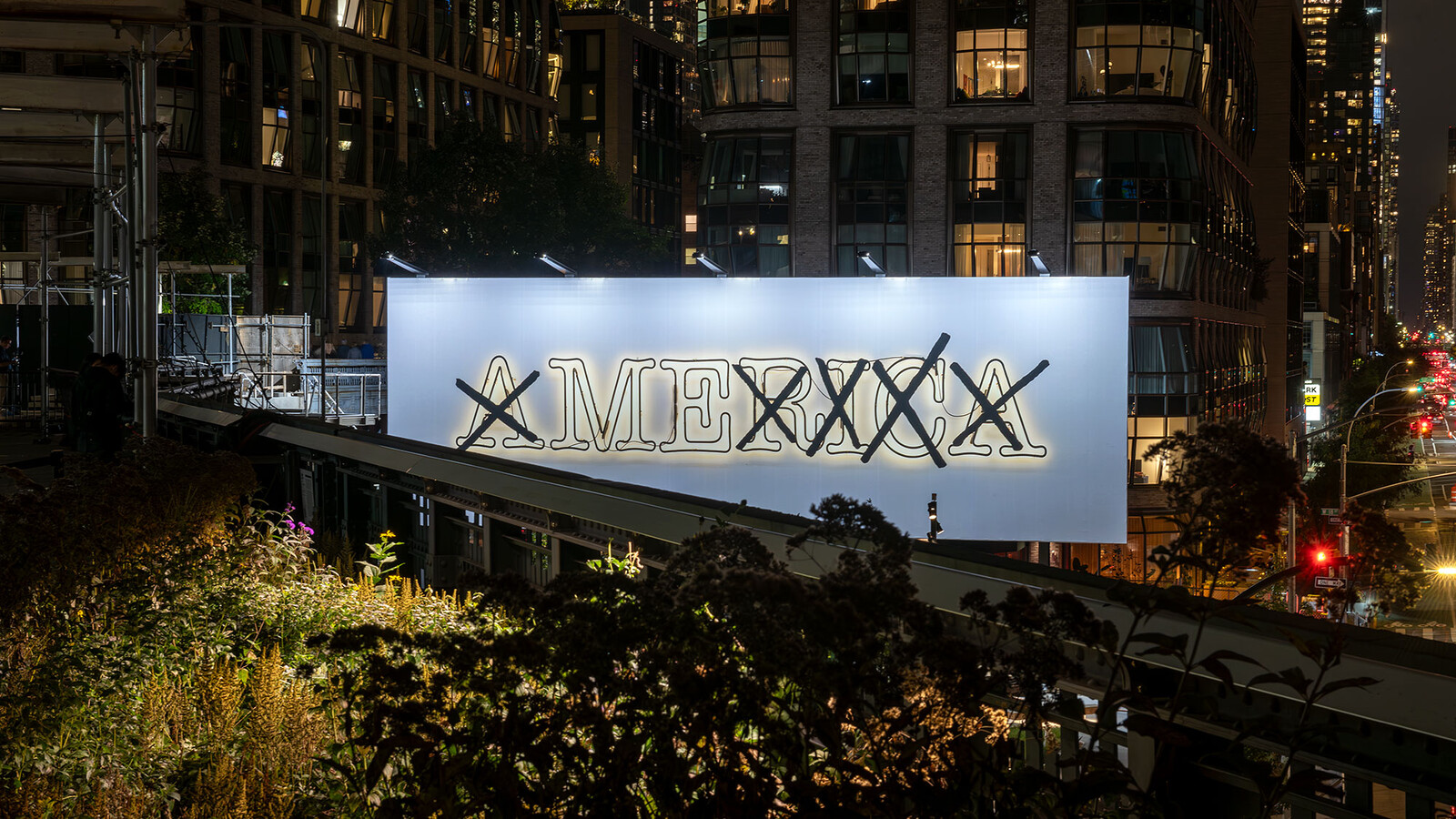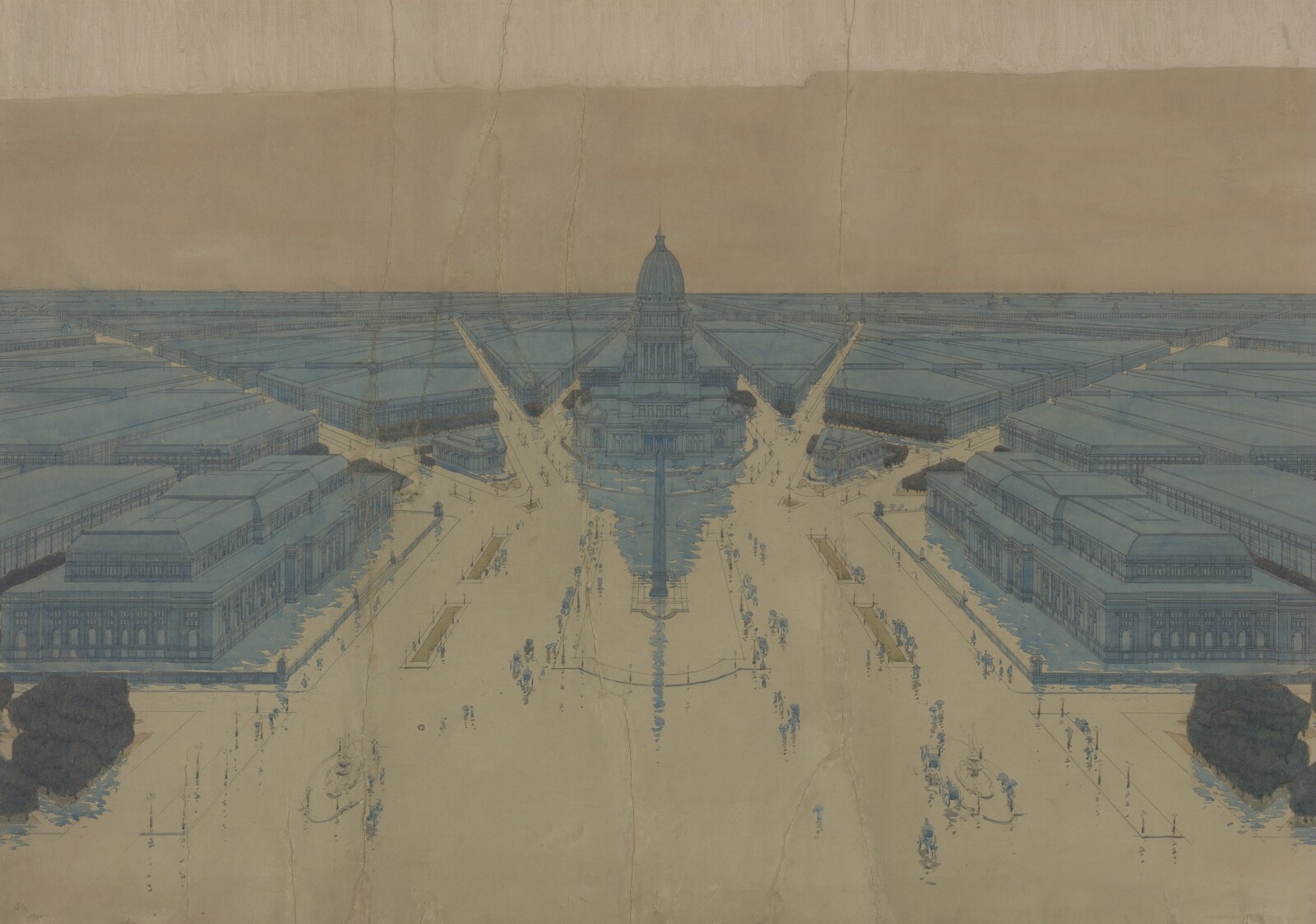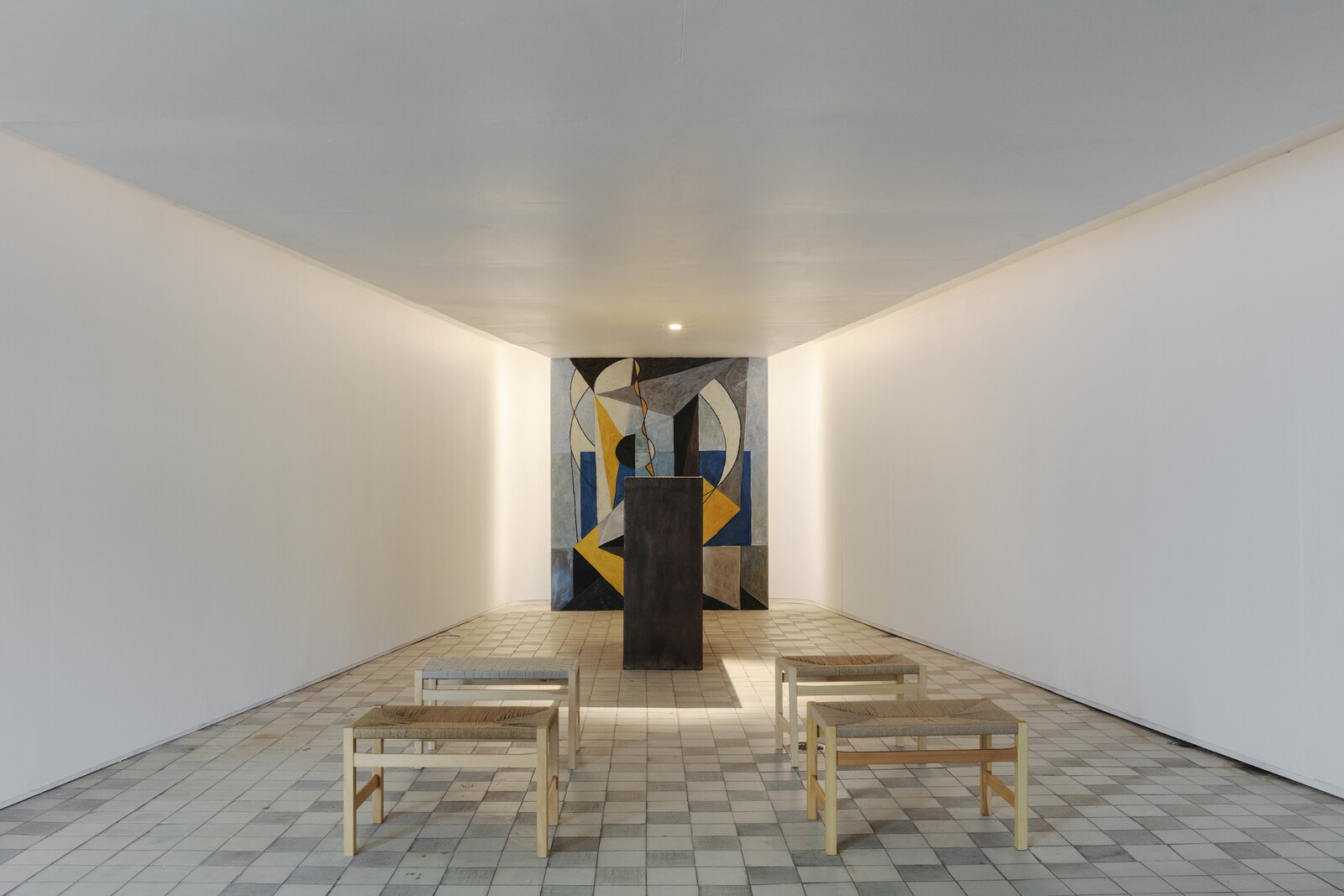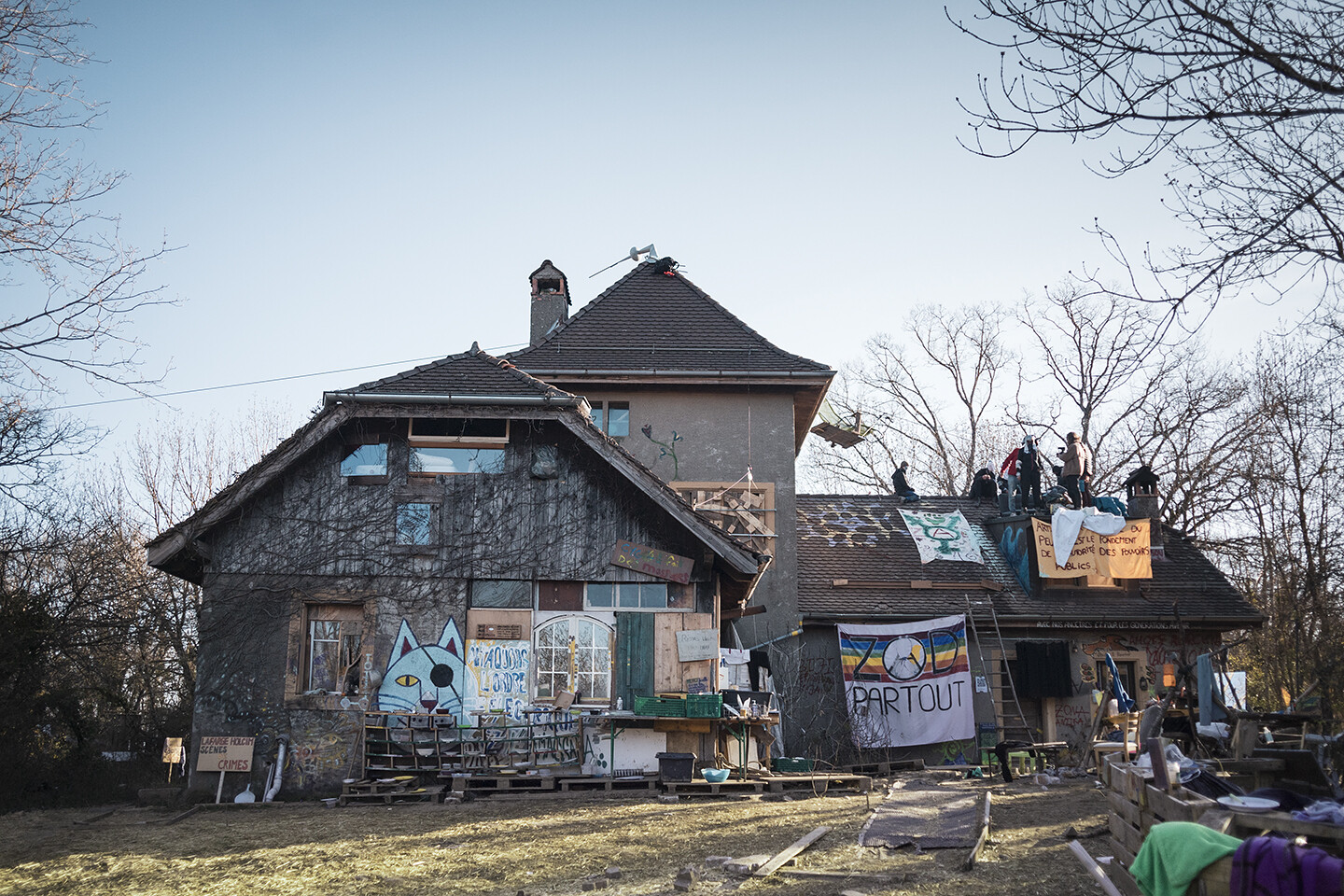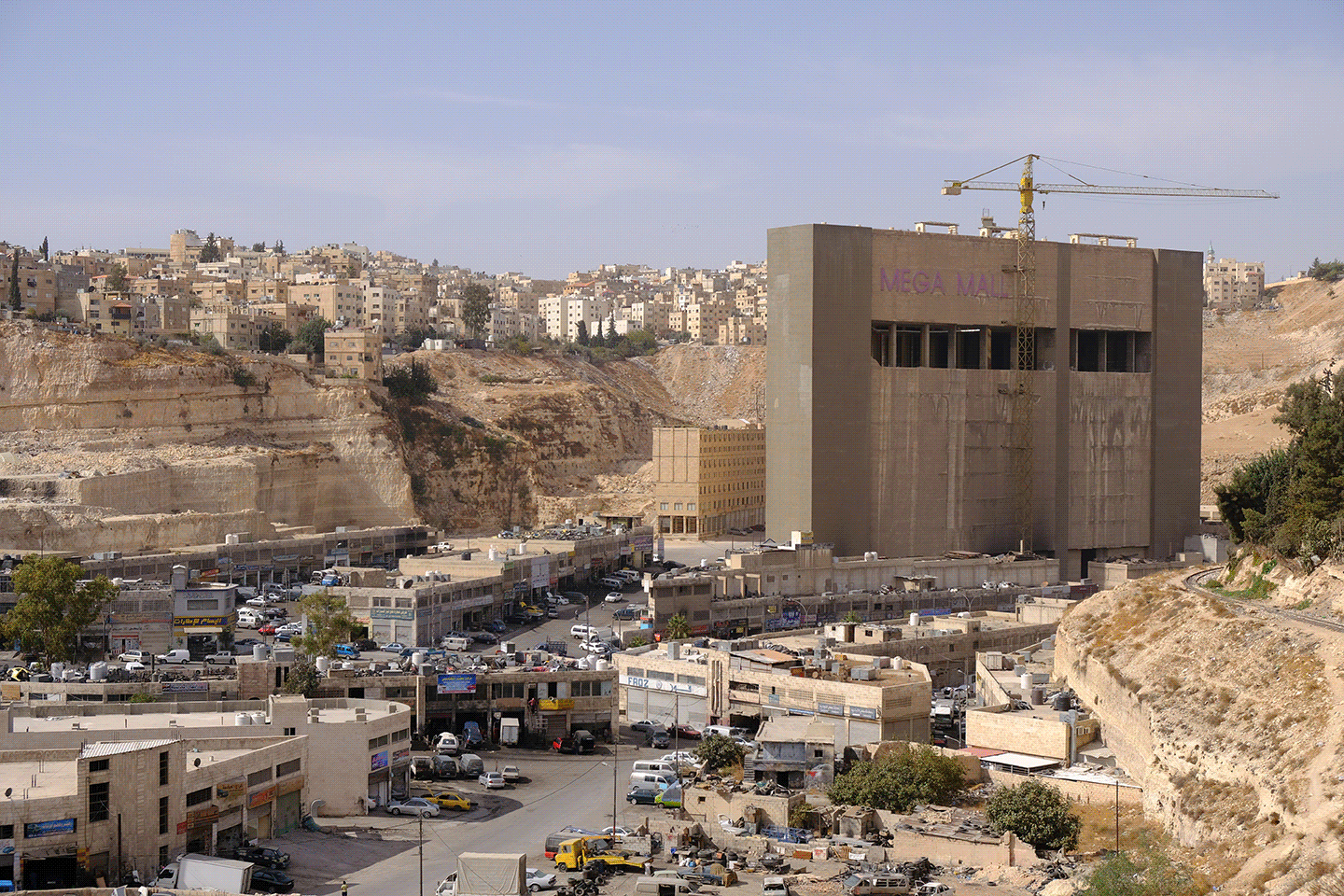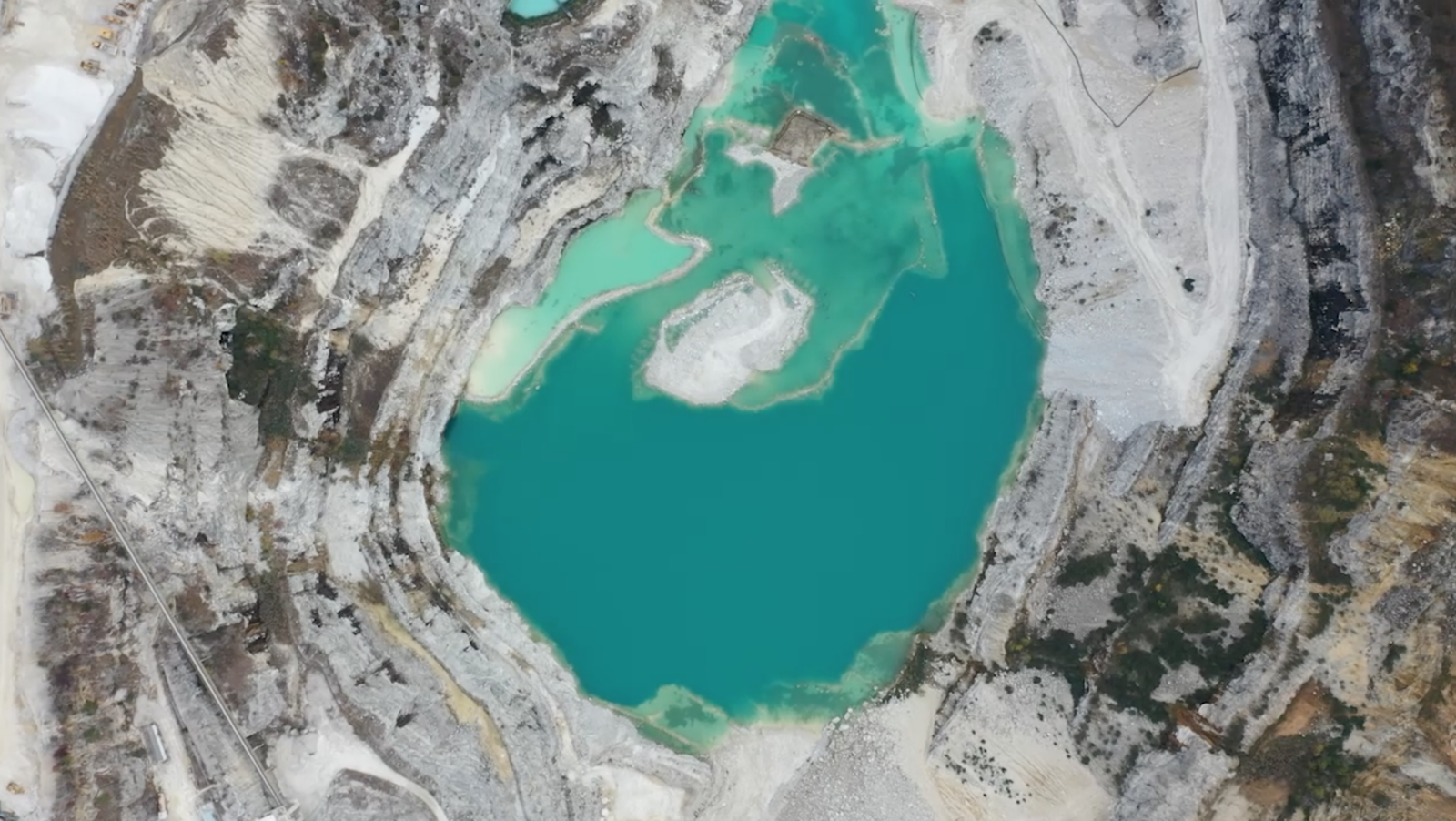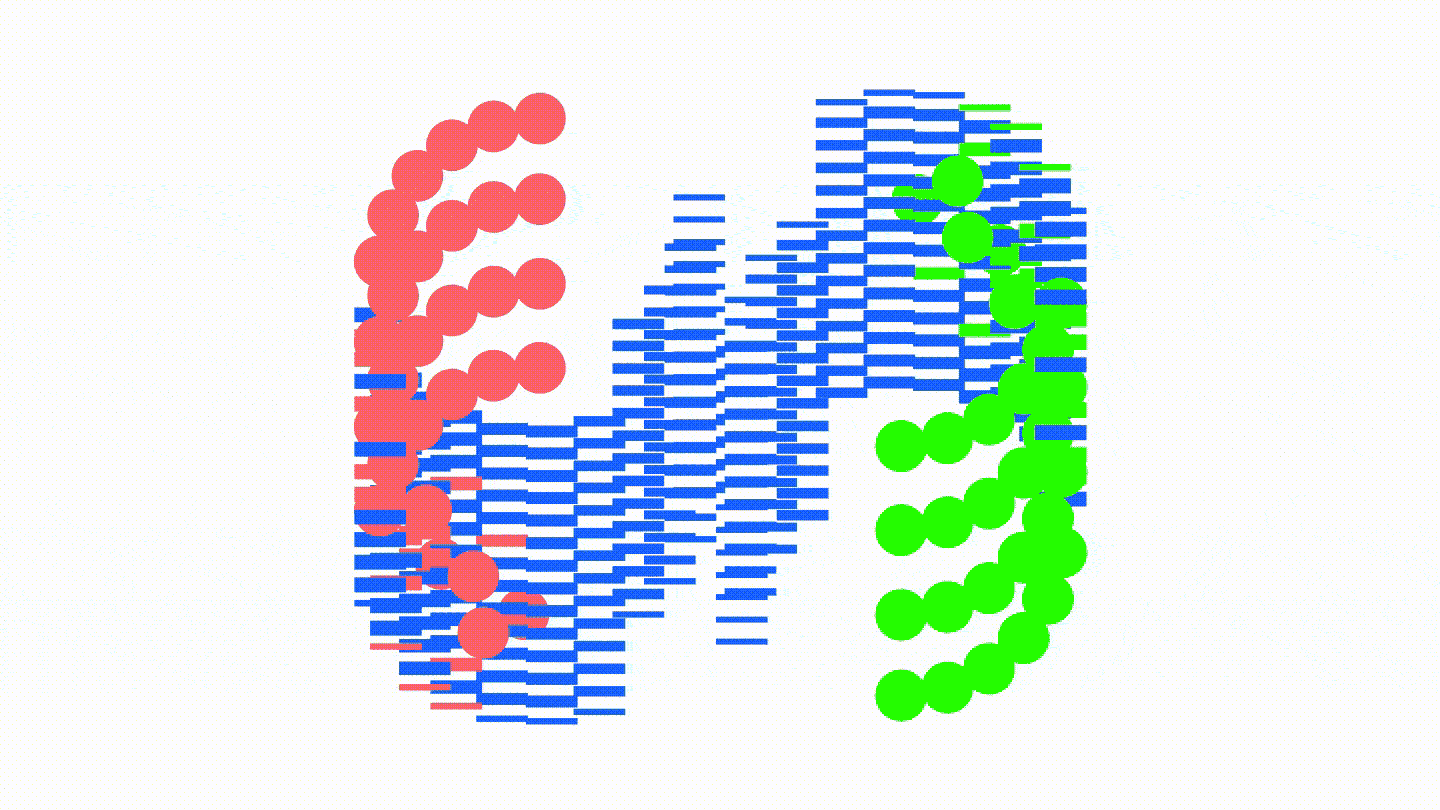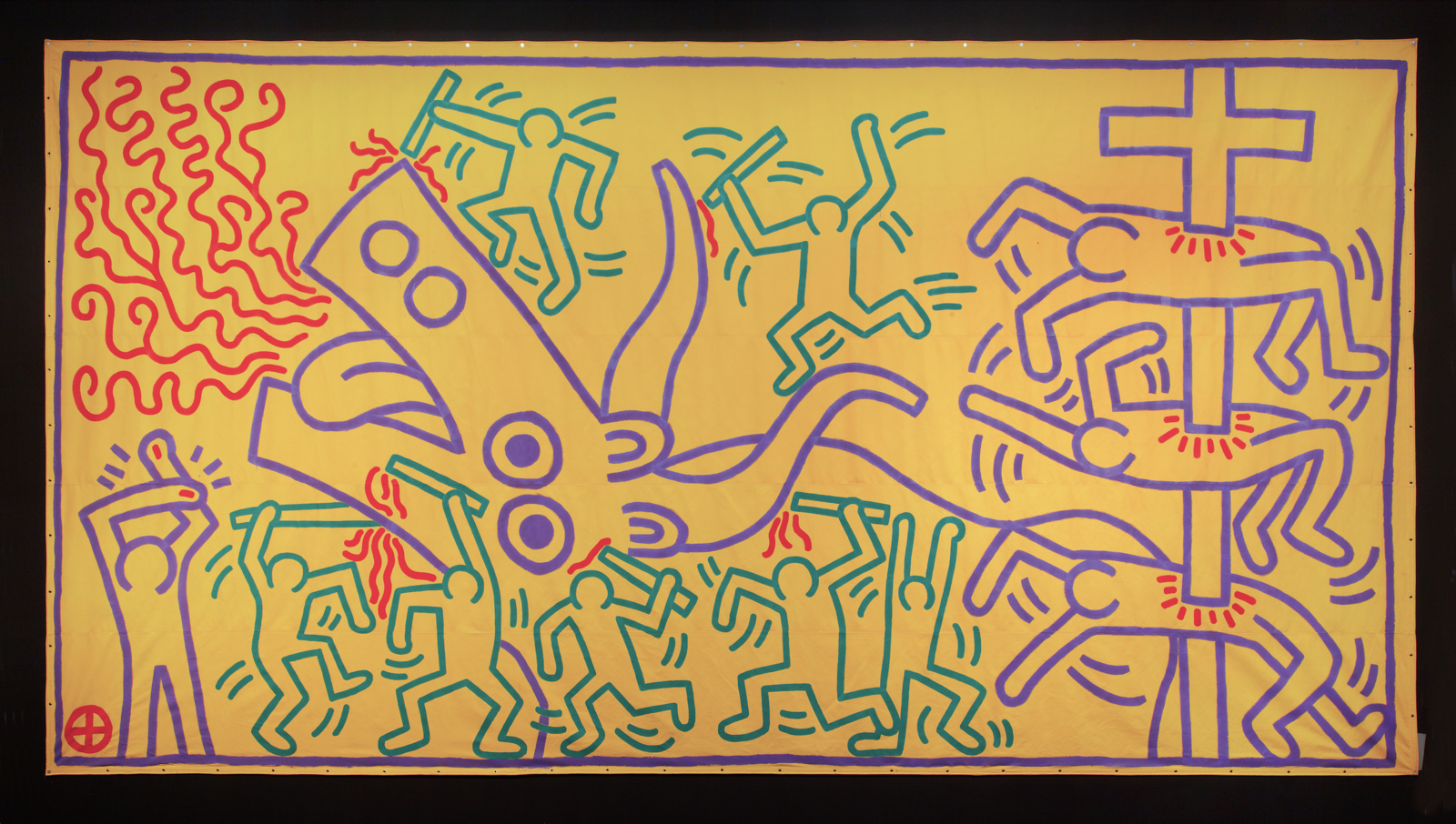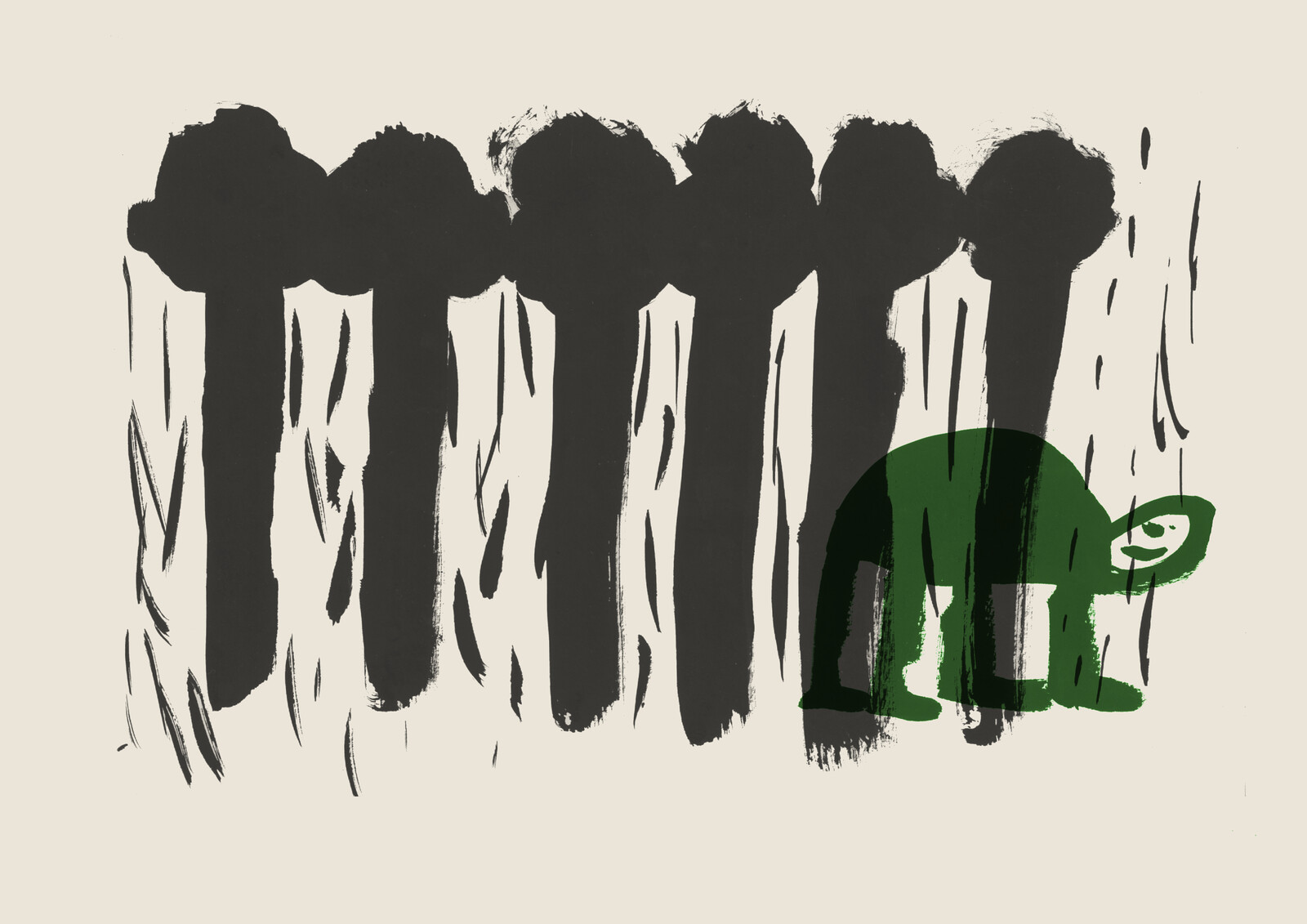When Marx talks about the Paris commune, he says, “The form was simple, like all great things.” And I’ve spent a lot of time trying to think about that and other pithy yet amazing kinds of statements that either he or Kropotkin and a few other fellow travelers of the insurrection made about the Commune. Kropotkin says, “It’s the setting for revolution and the means of bringing it about.” So, it’s both the context and the substance. And Marx’s reflections are not very different. Marx is at his most anarchist when he’s talking about the Commune. I began to think about when it is that communes flourish. Well, they flourish whenever the state withdraws.
Shannon Mattern, “Civic Adjacencies”
The transmutability of the form has everything to do with the particular people who make each commune, and who, in so doing, outline a way of life, a subsistence in accordance with the commune’s site, its location, and its location’s history. Equally importantly, they devise a way of life in accordance with what the people making the commune decide their own political emancipation will look like. Each commune is built in a way particular to its specific space—to its subjects, its geography, to the history of its conflicts and achievements, its attributes and its challenges, as well as the challenges to come.

